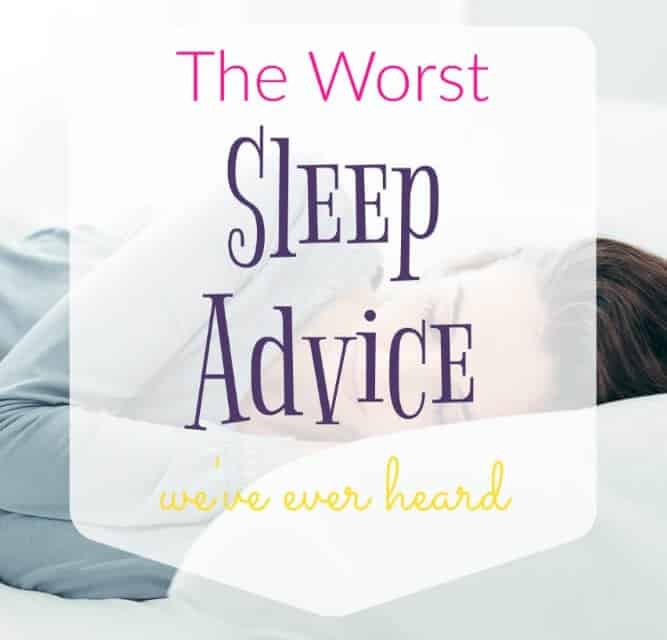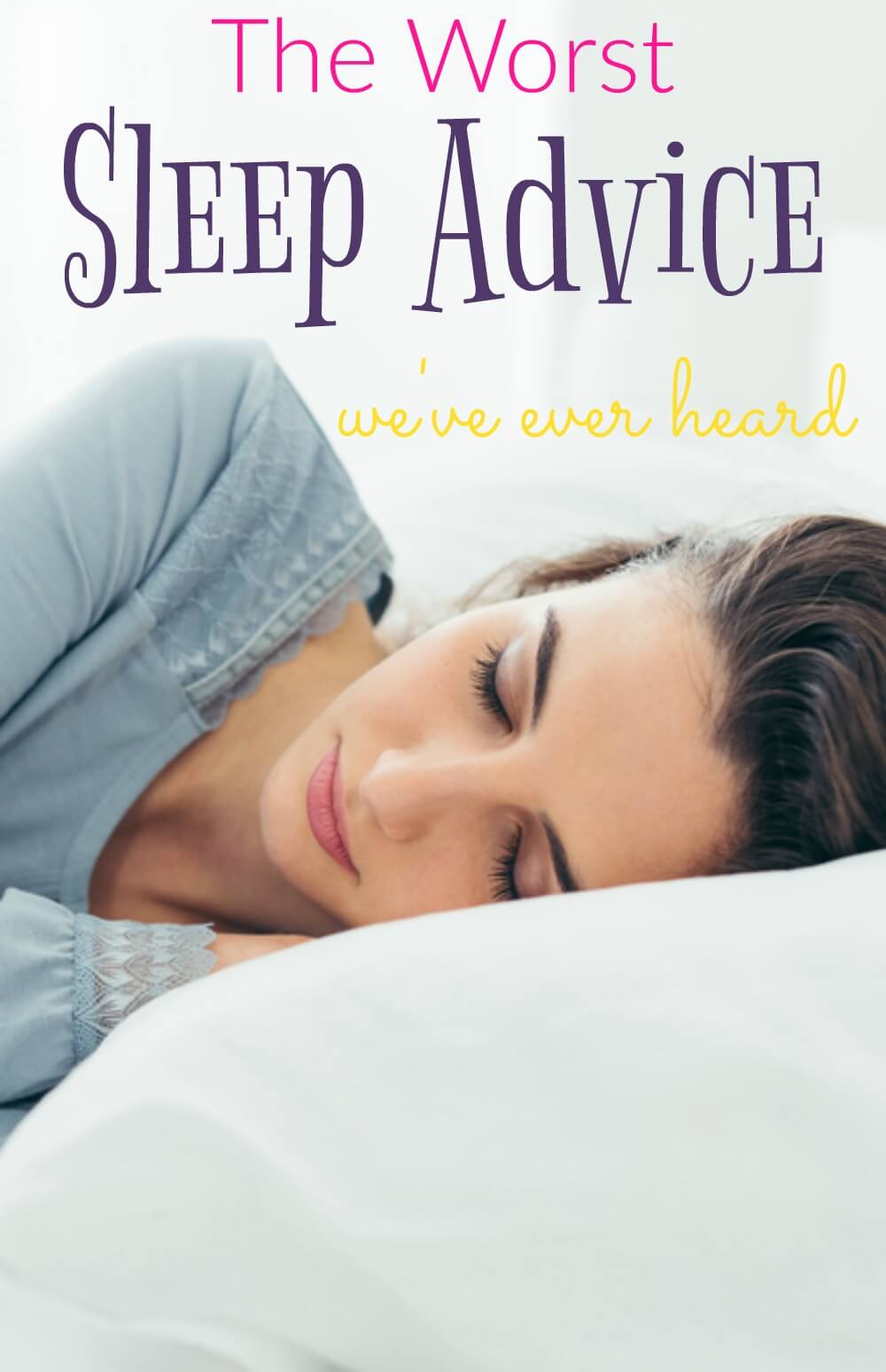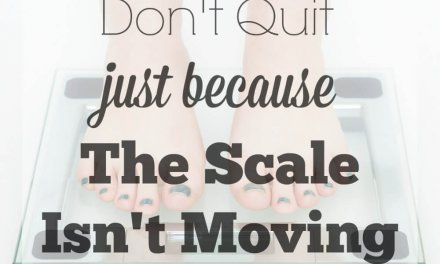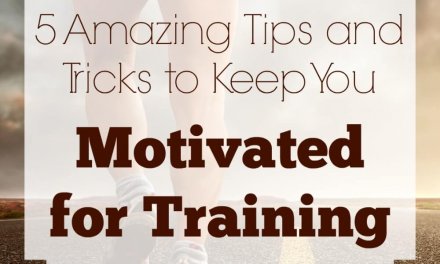Better sleep makes better health, sharper focus, and a more energized day ahead. With all the advice being dished out on how best to enjoy a more relaxing night’s sleep, it’s important that you’re able to tell the right from wrong. Here’s a compilation of some of the worst sleep advice we’ve ever heard!
Taking Long Naps Helps Curb Tiredness During The Day
Whether a nap helps or not depends entirely on how long you nap for. Conk out for too long and you’ll likely end up feeling even more drowsy and groggy when you awake. Stick to naps for around 20 minutes long if you really, really need one so that you get the restorative properties needed. Keep in mind that daytime napping can also prevent an easier sleep, later on, causing you to sleep later and pushing you into a less healthy sleep pattern.
Force Yourself To Stay In Bed And Fall Back Asleep When Waking Up In The Middle Of The Night
If you wake up in the middle of the night and already feel yourself starting to drift back off, then, by all means, stay in bed. But if it’s been 15 to 20 minutes and you’re still awake, then forcing yourself to stay put can actually make your efforts harder. In fact, waking up like this and being unable to fall back asleep are common symptoms of insomnia.
Instead of watching the clock and tossing and turning, get out of bed and do something relaxing. Read a book, have a drink of tea or water, and steer clear of tv and phone screens, and return to bed when you feel sleepy again. Essentially, stop trying so hard to fall asleep, and it will come to you!
You Can Use Devices At Night If You Eliminate Blue Light Or Use “Night Mode”
Many anti-blue light products have been released over the years in order to allow users to interact with devices safely before bed. Blue light blocks the production process of melatonin, making you less sleepy. Unfortunately, even blue light protection isn’t a free pass to late night device scrolling.
It’s not to say that the elimination of blue light doesn’t reduce melatonin production at all – it’s that it doesn’t do so as much as we may think, and neither does using the night mode on your phone. Sleepedia says that any kind of dim light – blue light or not – can interfere with the melatonin hormones in the body, and it prevents you from fully winding down.
A Nightcap Can Make You Sleep More Easily
Nightcaps have been a tradition for generations, and their name makes it easy to believe that there’s no harm in drinking one right before bed. Here’s the clincher: nightcaps and alcoholic drinks, in general, do make you fall asleep more quickly, but they reduce overall sleep quality. This means that you’ll hit the sack faster, but you won’t sleep as deeply as you should, and this can mess with your sleep cycle completely!
If you’re drinking alcohol at night, try to cut yourself off from drinks a few hours before you head to sleep. Alternatively, opt for a glass of water or some caffeine-free tea for more of a calming effect that is also much healthier.
Hitting Snooze On An Alarm Is Great For Sneaking In More Sleep Time
We’re all guilty of hitting that “snooze” button and vying for “just five more minutes”, but according to Sleepedia, this probably does the opposite of what you’re intending to do. If anything, it’ll make you feel even drowsier and much sleepier when you have to get up for real, and that can affect the rest of your day.
This happens because when you go back to sleep, you end up getting to an even deeper part of your regular sleep cycle and waking up suddenly from that will make you less alert and more likely to feel exhausted for the entire day.
Exercising Before Bed Helps You Fall Asleep
Exercise is great for many reasons, but the one time you shouldn’t be doing it is right before you need to catch some zzz’s. It makes you feel more physically tired, sure, but it causes your body to have trouble relaxing. It’s important to wind down before bed and forcing in some last-minute exercise right before that does the exact opposite, and it can make it even harder to sleep!
So, does exercise not help with sleep at all? It does, but it has to be done during the day. It’ll refresh you while you still have things to do but will also expend enough energy for you to be glad to hop under the sheets later. At the latest, at least exercise with a few hours to spare before then and your bedtime.






